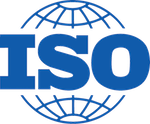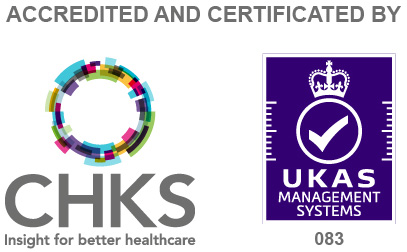Post Covid-19 Rehabilitation
Covid-19, caused by the novel coronavirus SARS-CoV-2, has led to a pandemic that is increasing the burden of disease and disability throughout the world. It has brought many challenges and has caused major disruption to services. But we have also learned some new ways of doing things. As our healthcare system reboots, there is an opportunity to rebuild services on a better, more collaborative, model. In the aftermath of major illness injury, many patients require rehabilitation to help them back to normal function or to adapt to living with disability. Patients who have required intensive care for more than a few days often have wider physical, cognitive and mental health support needs following discharge from acute settings. In addition, as Covid-19 is a multi-system disease, we are increasingly recognising more subtle deficits in patients less severely affected, even in those who did not require hospital admission.
The rehabilitation pathway and coordinated networks, given the diversity of presentation and rehabilitation needs, different patients require different types of services. Moreover, the same patient will require different services at different stages in their recovery
Rehabilitation will require a person-centred approach, but is likely to involve improving physical strength and stamina alongside optimising psychological health, and addresses neurological rehabilitation needs when necessary. We at Ascot Rehab, provide the following rehabilitation services:
Neurophysiotherapy – Treats patients with neurological conditions which are movement and functional disorders caused by impairments affecting the brain, spinal cord and the nervous system. Some of the conditions that we treat include Stroke, Spinal Cord Injury, and balance and mobility issues.
Speech and Language Therapy – SALT is a process that assesses, diagnoses, and treats those with communication difficulties. Alongside this, speech therapy can also help to manage and improve eating and swallowing problems.
Neuropsychology and Clinic Psychology – Neuropsychology investigates the links between damage to a particular part of the brain and changes in thinking, feeling and behaviour. Clinical neuropsychology applies this knowledge to assessing and treating people with brain injuries and other
conditions that affect how the brain functions. Brain injuries and neurological conditions can affect the way a person thinks, feels and behaves. It is the clinical neuropsychologist’s job to assess and help to treat these problems so that the person and their family are better able to cope with the impact the condition may have.
Occupational Therapy – OT focuses on developing, recovering, and maintaining the daily living and working skills of people with physical, mental, or cognitive impairments.
The aim is to overcome any permanent loss or lack of physical, sensory, mental or communication function, and improve a patient’s ability to function as independently as possible.
Creative Movement Therapy (Dance Therapy) – CMT is a psychotherapeutic framework that works with the mind-body connection to use personal movement language and dance for the health and wellness of an individual’s physical, emotional, cognitive, social and behavioural aspects. Dance Therapy can be used for stress reduction, mood management, and to treat fatigue.
Musculoskeletal Physiotherapy – Treats patients with a wide range of orthopaedic and rheumatological conditions that affect joints, muscles, ligaments and tendons. Patients who have injuries, back pain, and long term medical conditions
Yoga, Tai Chi, Pilates – To ease fatigue, deal with stress, pain management, balance and general mental wellbeing.



